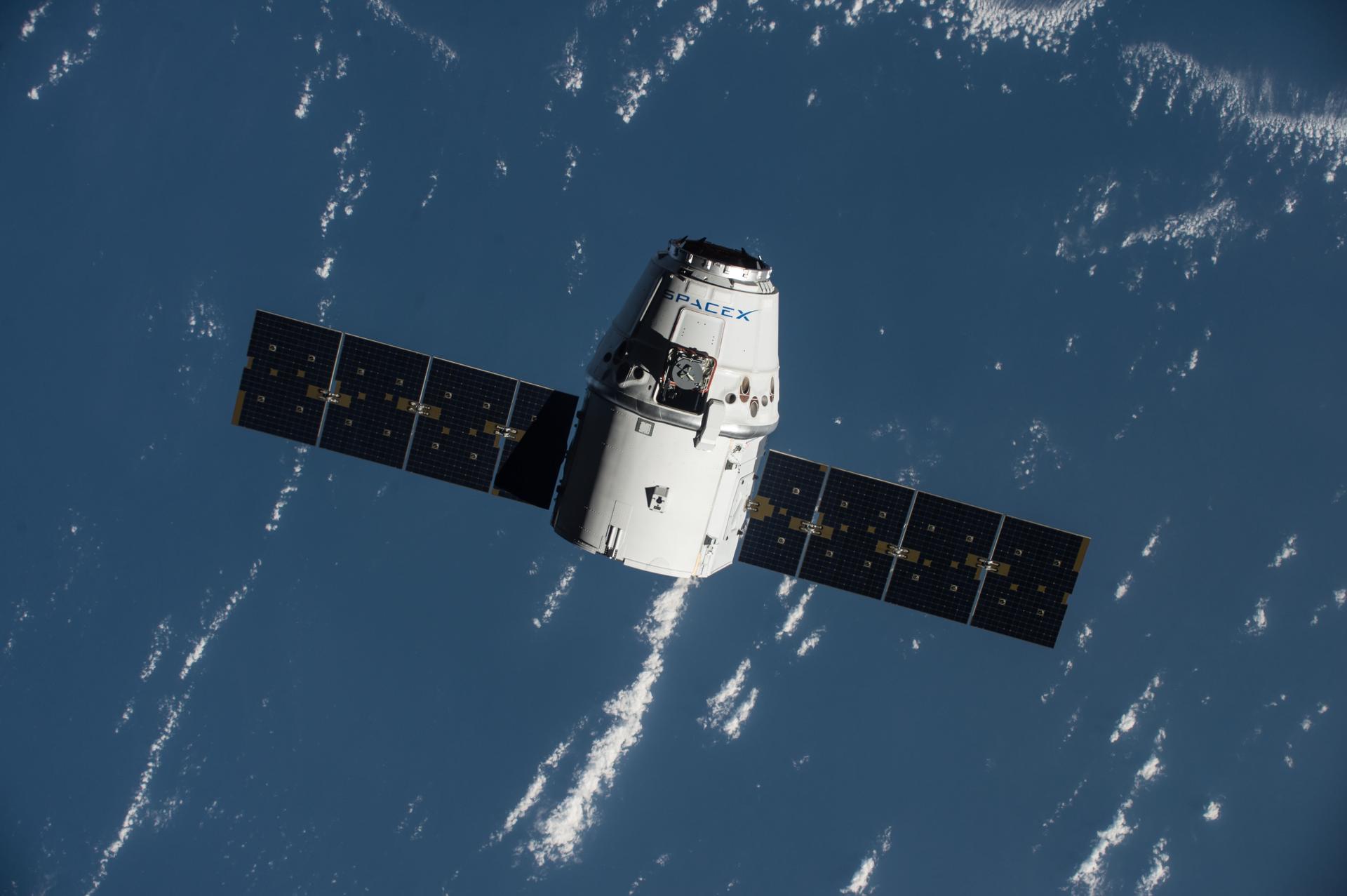US to resume International Space Station flights with Russia
Despite tense rhetoric between Russian and the US over Russia’s invasion of Ukraine, the countries respective space agencies sealed a deal for joint flights to the International Space Station.

Your support helps us to tell the story
From reproductive rights to climate change to Big Tech, The Independent is on the ground when the story is developing. Whether it's investigating the financials of Elon Musk's pro-Trump PAC or producing our latest documentary, 'The A Word', which shines a light on the American women fighting for reproductive rights, we know how important it is to parse out the facts from the messaging.
At such a critical moment in US history, we need reporters on the ground. Your donation allows us to keep sending journalists to speak to both sides of the story.
The Independent is trusted by Americans across the entire political spectrum. And unlike many other quality news outlets, we choose not to lock Americans out of our reporting and analysis with paywalls. We believe quality journalism should be available to everyone, paid for by those who can afford it.
Your support makes all the difference.Nasa and the Russian space agency Roscosmos reached a deal Thursday that will allow Russian cosmonauts to fly to the International Space Station (ISS) on US commercial space craft, such as the SpaceX Crew Dragon, and see Nasa astronauts fly on the Russian Soyuz.
The agreement was reached despite recent tension between the US and Russia, and Nasa and Roscosmos, over Russia’s invasion of Ukraine, with Nasa publicly rebuking Russian cosmonauts for displaying the Russian flag onboard the ISS as recently as 7 July.
Nasa astronaut Francisco Rubio will now fly on Soyuz MS-22 along with cosmonauts Sergei Prokopiev and Dmitry Petelin, a mission scheduled to launch from the Baikonur Cosmodrome in Kazakhstan on 21 September, according to a Roscosmos statement about the agreement.
Nasa’s Crew-5 mission, scheduled to launch sometime in September, will now carry Russian cosmonaut Anna Kikina along with Nasa astronauts Nicole Mann and Josh Kassada, per Roscosmos.
“The agreement is aimed at ensuring that in the event of an emergency situation associated with the cancellation or significant delay in the launch of a Russian or American spacecraft, the presence of at least one Roscosmos cosmonaut and one NASA astronaut on board the ISS is ensured to serve the Russian and American segments, respectively,” the Roscosmos statement read.
Nasa confirmed the details of the deal in a statement emailed to The Independent, adding that Russian cosmonauts Andrei Fedyaev will now fly on Nasa’s Crew-6 mission, scheduled for spring 2023, along with Nasa astronauts Steve Bowen and Woody Hoburg.
“Flying integrated crews ensures there are appropriately trained crew members on board the station for essential maintenance and spacewalks,” the Nasa statement read. “The station was designed to be interdependent and relies on contributions from each space agency to function. No one agency has the capability to function independent of the others.”
Following Russia’s invasion of Ukraine in February, the then head of Roscosmos Dmitry Rogozin, had used the interdependent nature of the ISS as leverage in statements lambasting the US and Europe over sanctions against Russia. Mr Rogozin had hinted that Russia might stop using it’s Soyuz spacecraft to maintain the ISS in orbit, and most recently told Russian cosmonauts on the ISS to stop operating a robotic arm for the benefit of other countries.
But Mr Rogozin is now out, fired by Russian President Vladimir Putin on Friday and replaced with Russian deputy prime minister Yury Borisov. The firing was announced on the Kremlin website without a reason given, though it given that My Borisov previously served as Russian deputy minister of defence, the move might signal a more militarized Russian view of space activities.
The mixed crew deal is just one sign of mutual cooperation between Russian and western space agencies that have otherwise seen serious rifts emerge over Russian war in Ukraine.
The European Space Agency, for instance, announced on Tuesday that it was ending cooperation with Russia on ESA’s ExoMars mission. ESA had paused the cooperative aspects of that mission in the spring after Russia invaded Ukraine, and Tuesday’s decision puts an end to hopes that ExoMars might launch in September as scheduled.
Join our commenting forum
Join thought-provoking conversations, follow other Independent readers and see their replies
Comments